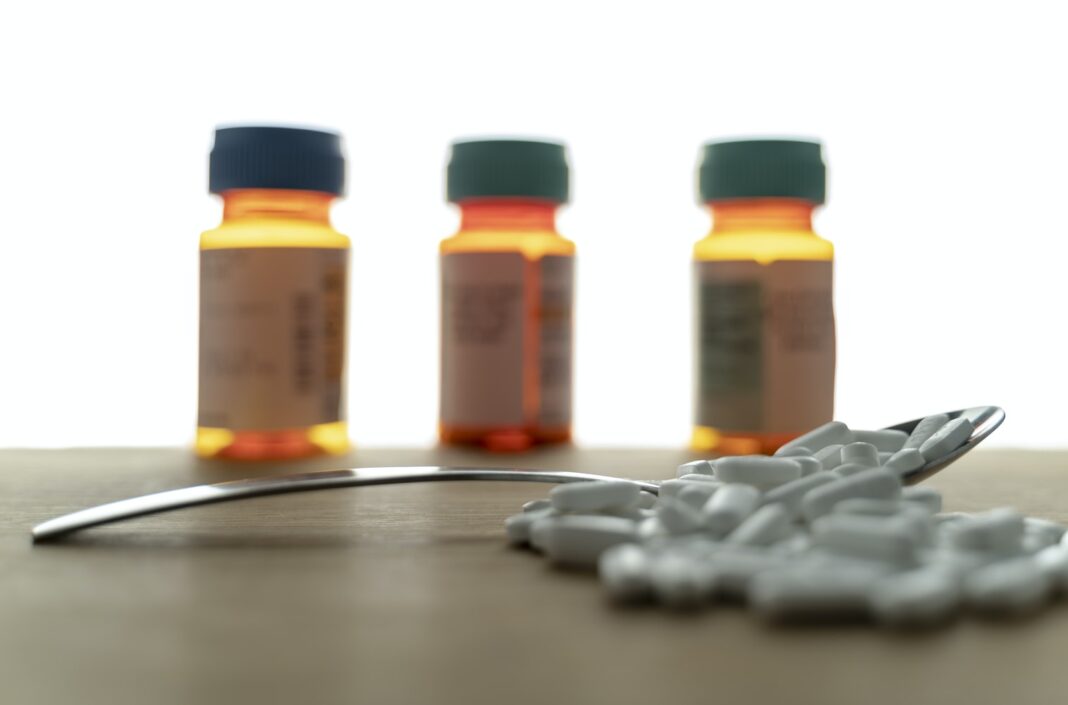SAN FRANCISCO—Citywide substance use trends show that overdose deaths totaled 441 in 2019, an increase from 259 deaths in 2018, according to an annual report by the San Francisco Department of Public Health published on Monday, August 31.
The increase is caused by the use of the opioid drug Fentanyl, sometimes a methamphetamine or a combination of the two drugs results in overdoses, according to the report. The annual report on substance use trends shows that methamphetamine plays as a main factor of overdose deaths.
Director of Health Dr. Grant Colfax stated in the report:
“Long before COVID-19, another epidemic was profoundly affecting the lives of people in San Francisco. We grieve the losses of 2019, we also celebrate the compassion and decisive, life-saving action of community members, first responders and health care providers who work every day to prevent and reverse drug overdose.”
While overdose deaths totaled 441 in 2019, the opioid antidote naloxone saved lives in more than 2,600 overdose cases. Naloxone was used in almost 2,000 cases in which San Francisco paramedics responded.
The highest rates of overdose death were marked by men/people in their 50s/ and
Black or African American residents, the report stated. The data shows “the opiate overdose death rate per 100,000 was four times higher for Black or African Americans compared to other racial groups.”
The San Francisco Department of Public Health is developing a new guideline in order to reduce overdose mortality on Black or African American people.
“San Francisco has many innovative ways to care for people who use drugs, but no American city has been able to withstand the arrival of fentanyl without increases like these,” said Dr. Phillip O in the report.
As a prevention of overdoses, the Mental Health Association of San Francisco is conducting a program “Mental Health SF” the city’s mental health reform plan which passed unanimously in 2019. The program puts a first priority on homeless people with serious mental illness or substance use disorders and tries to provide them with places to stay and care.
The program plans to create a Mental Health Service Center where uninsured and homeless can get mental health care, to expand roles of drop-in center for immediate mental health care, and to offer several levels of care including pharmacy services and care coordination, according to the Office of the Mayor of San Francisco.
The San Francisco Department of Public Health also distributes naloxone and does training through the Drug Overdose Prevention and Education (DOPE) Project. In 2019, the program offered people more than 47,000 doses of injectable naloxone. The DOPE Project has given training to more than 15,000 people to learn how to identify and respond to overdose.
The San Francisco Department of Public Health advises all users of opioids should carry naloxone for both their own and others’ safety.







